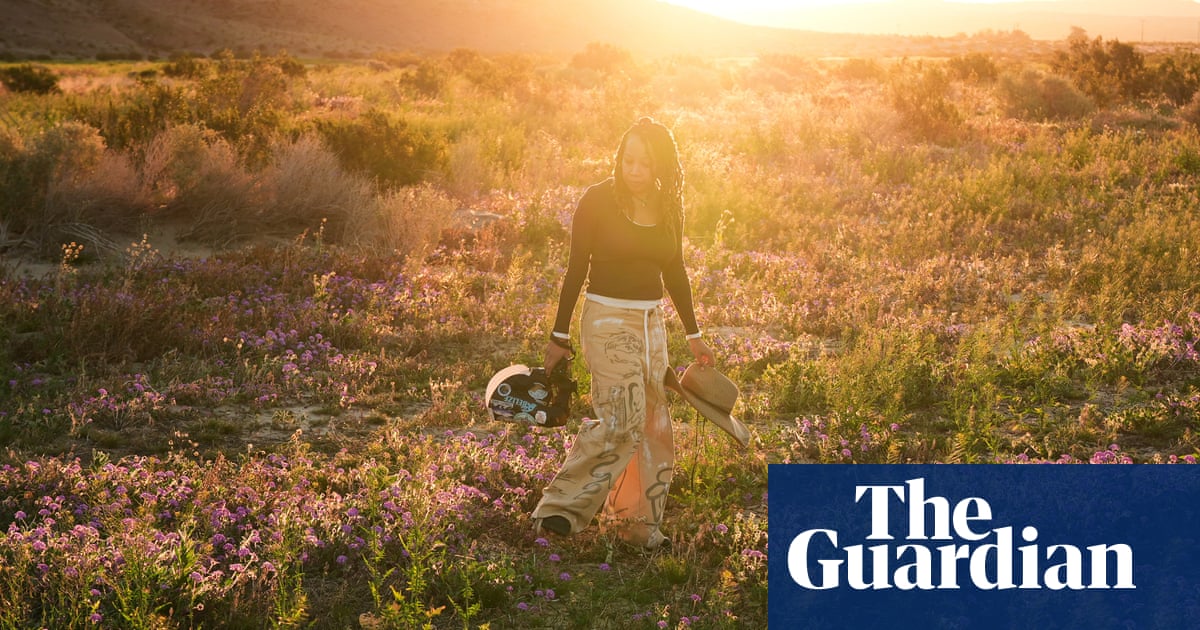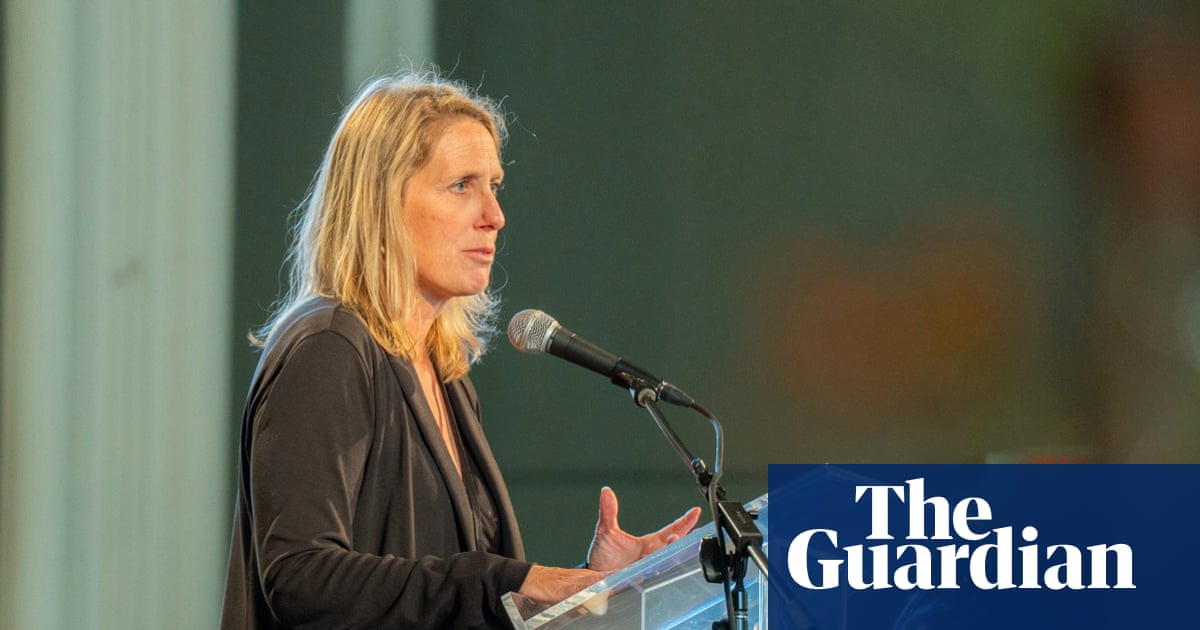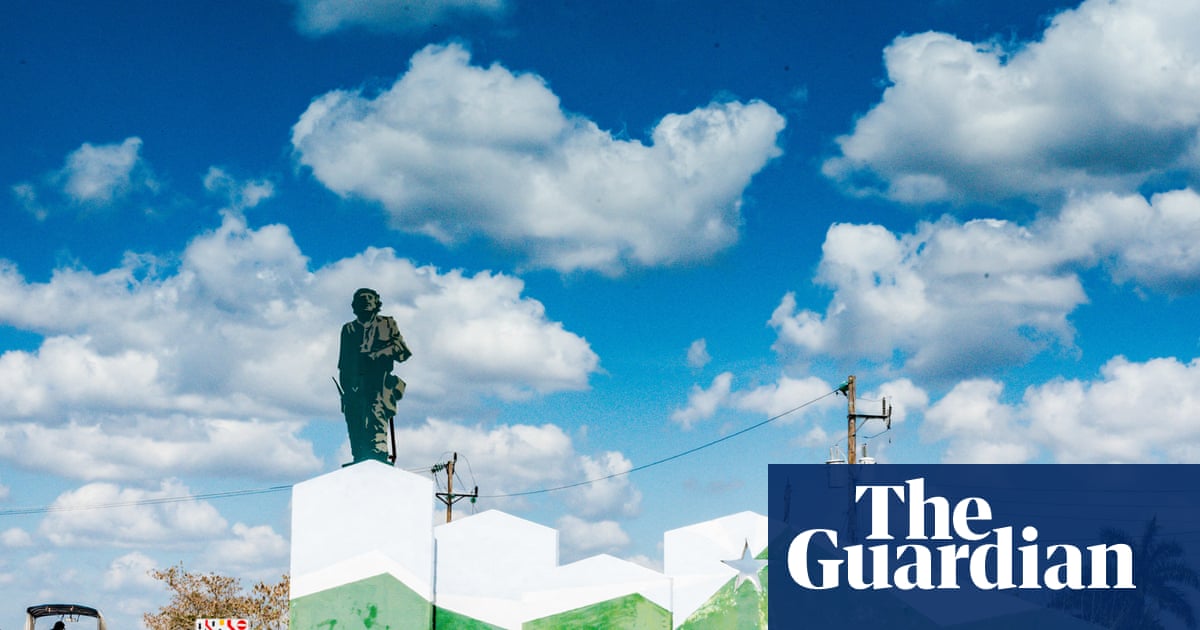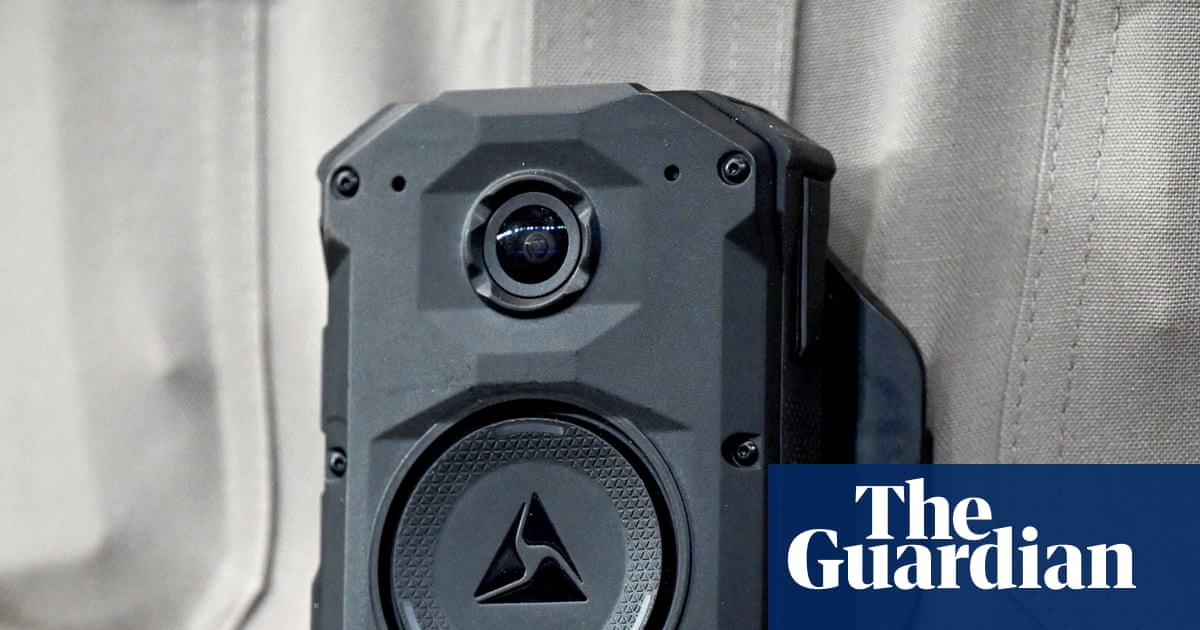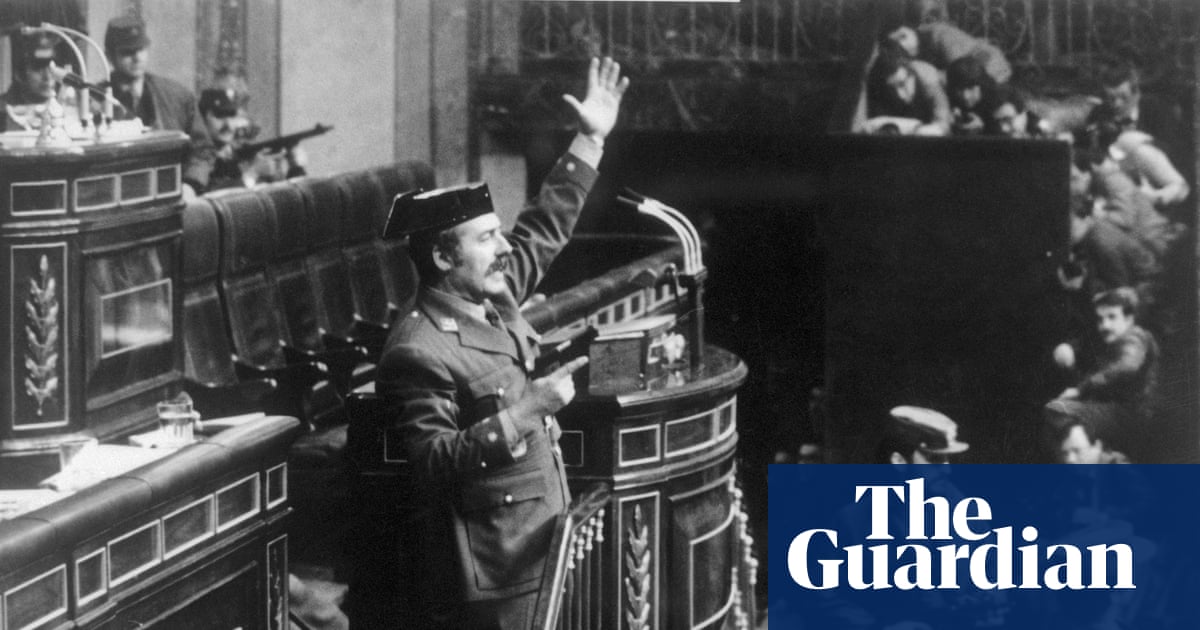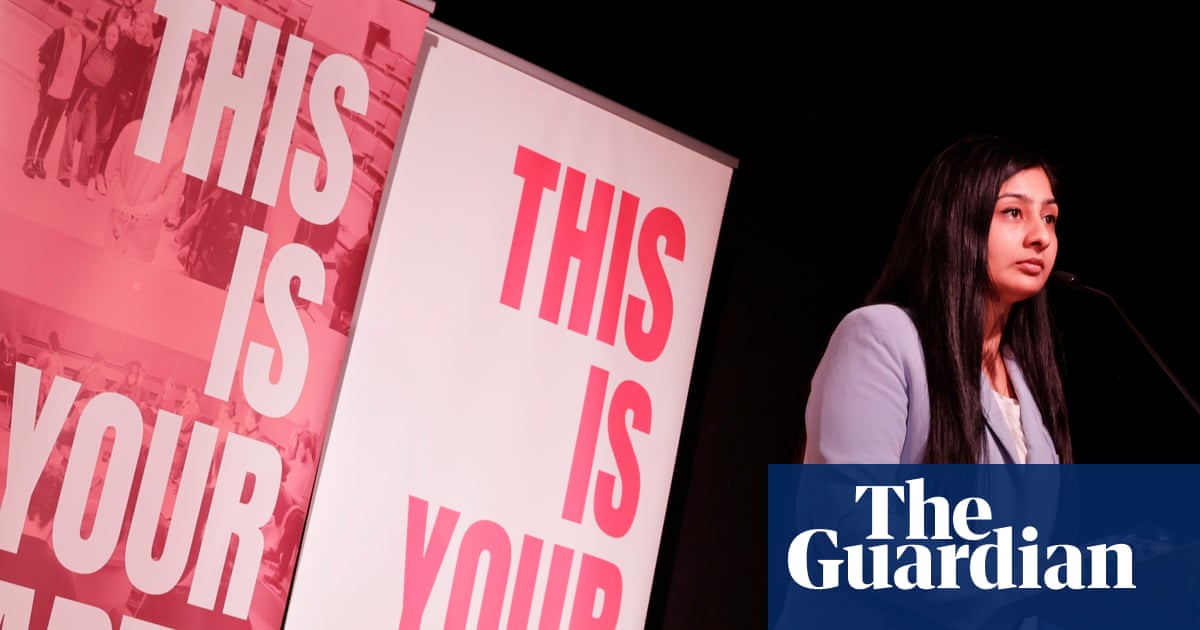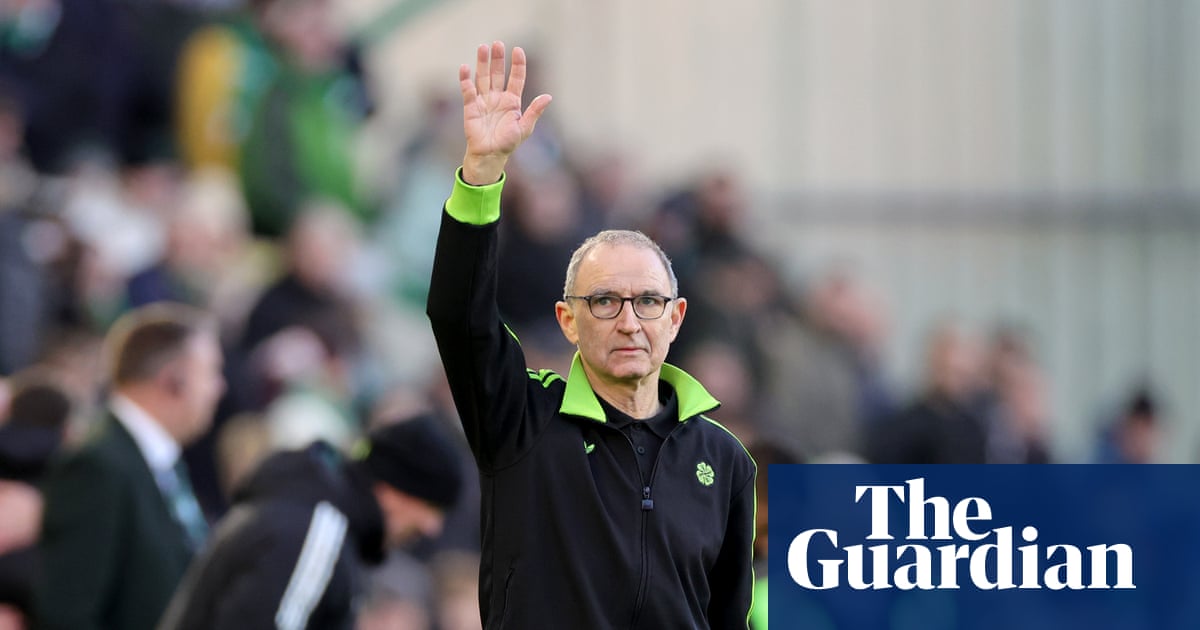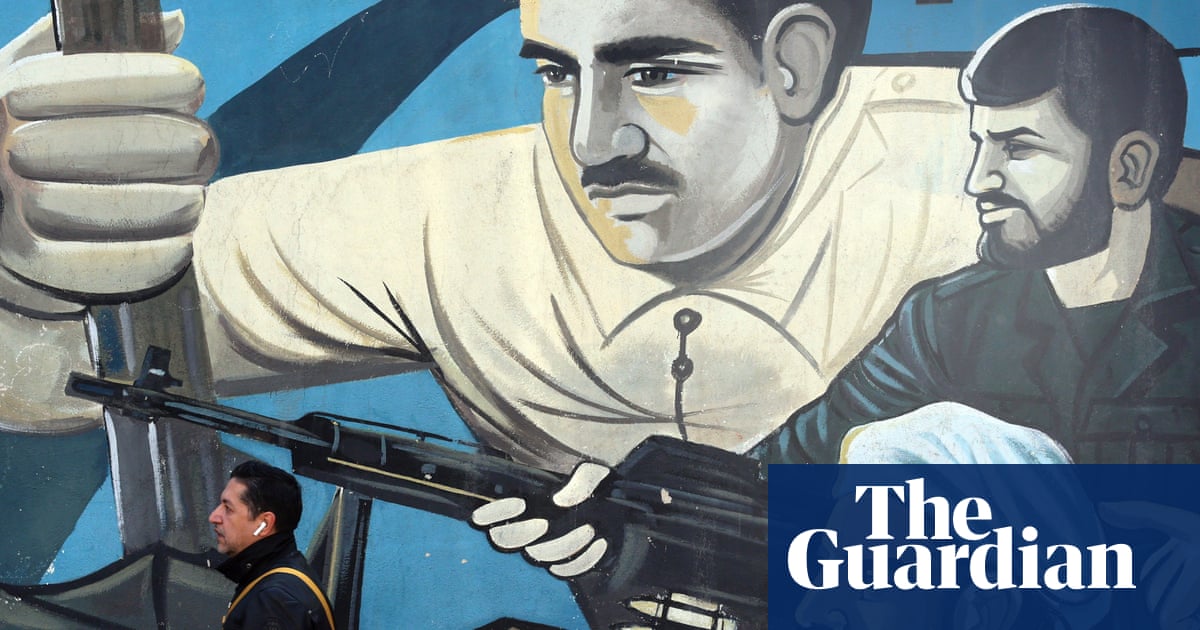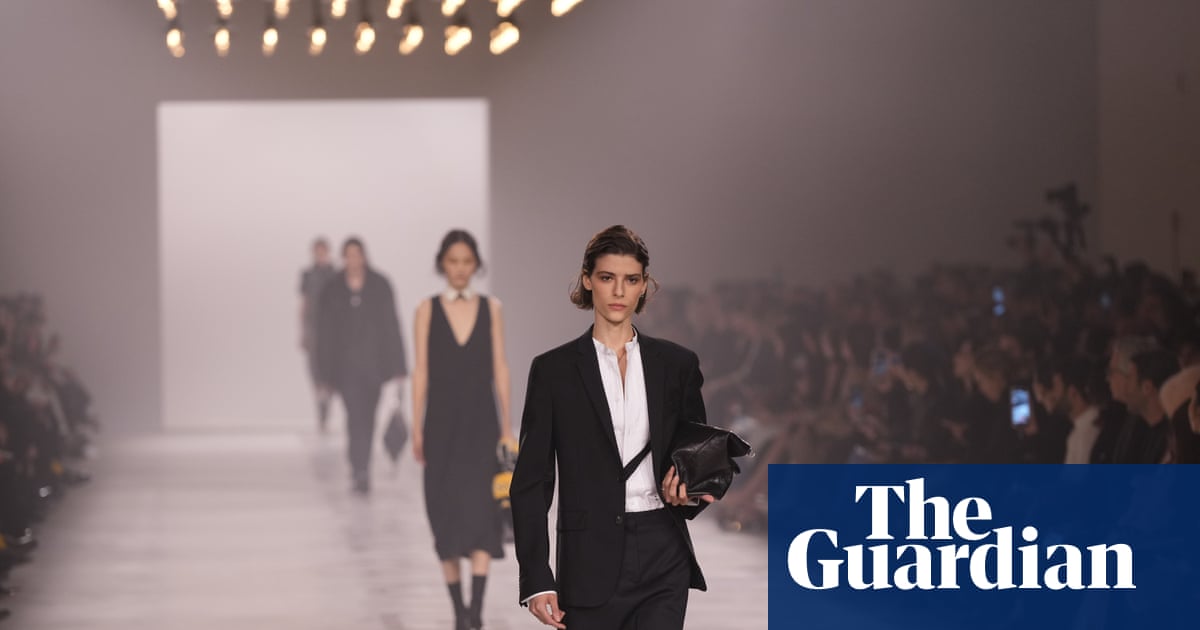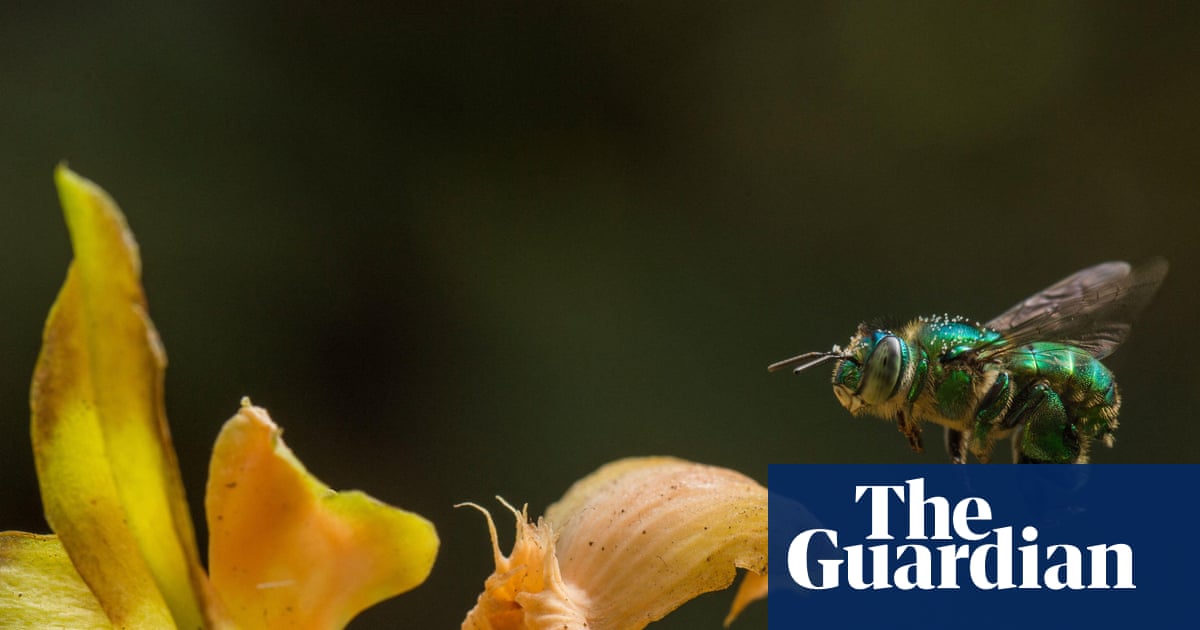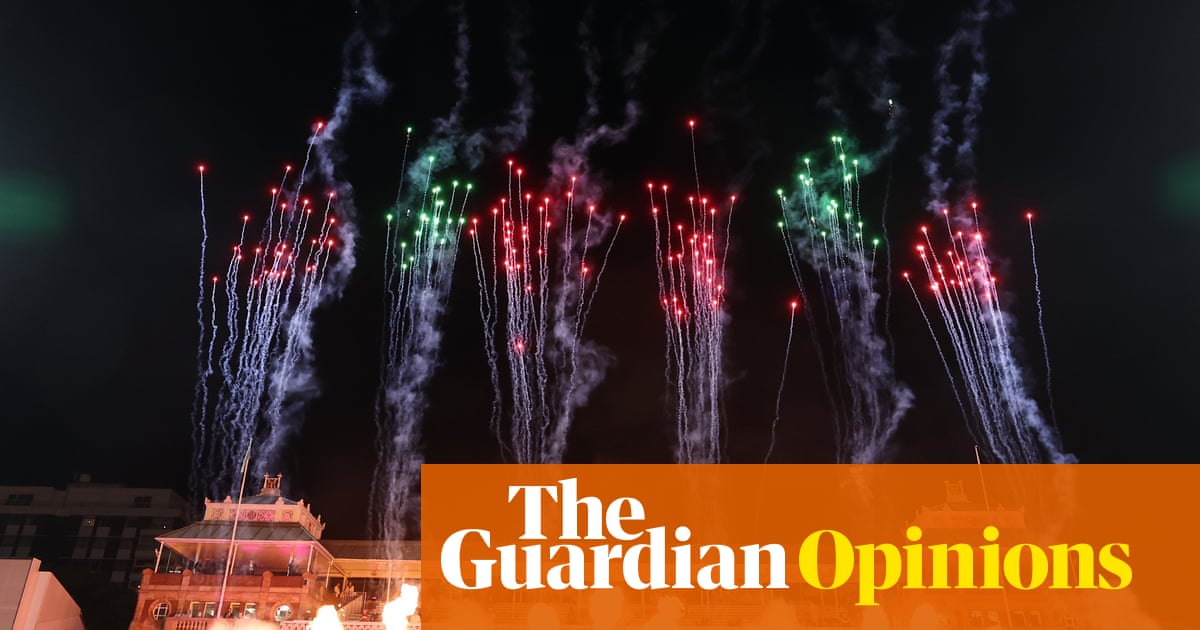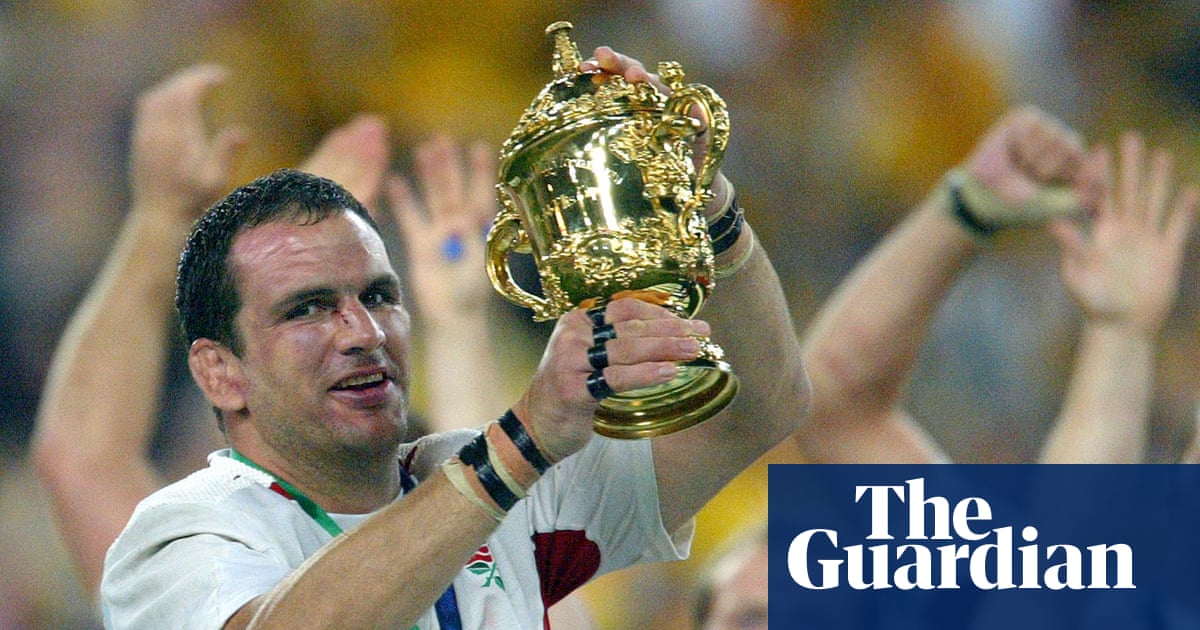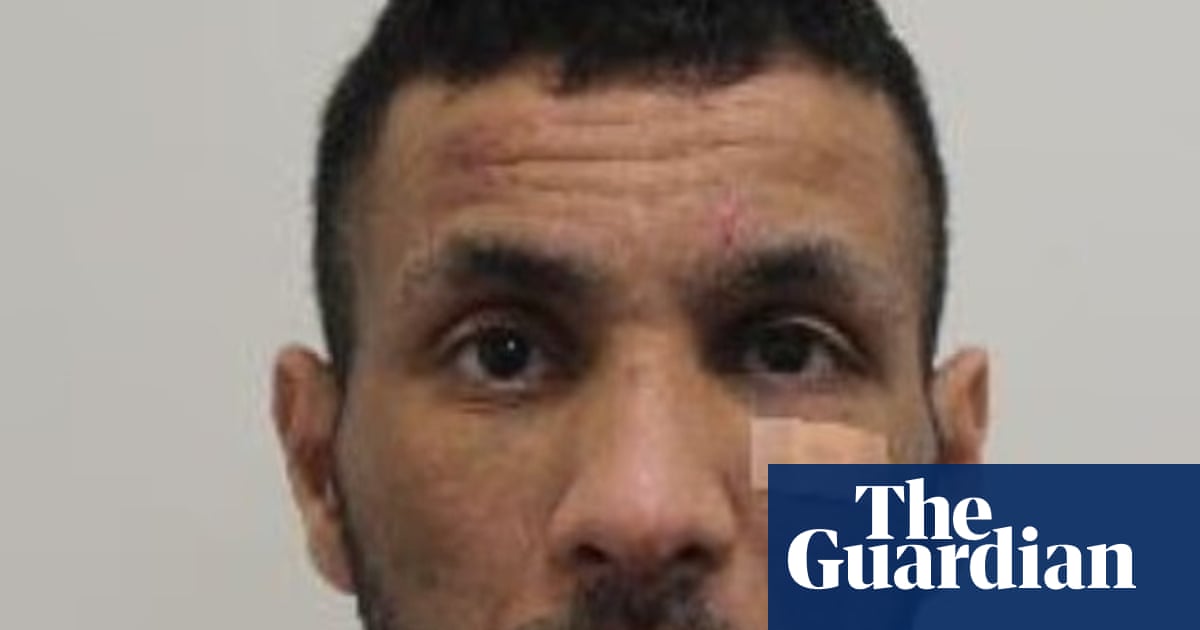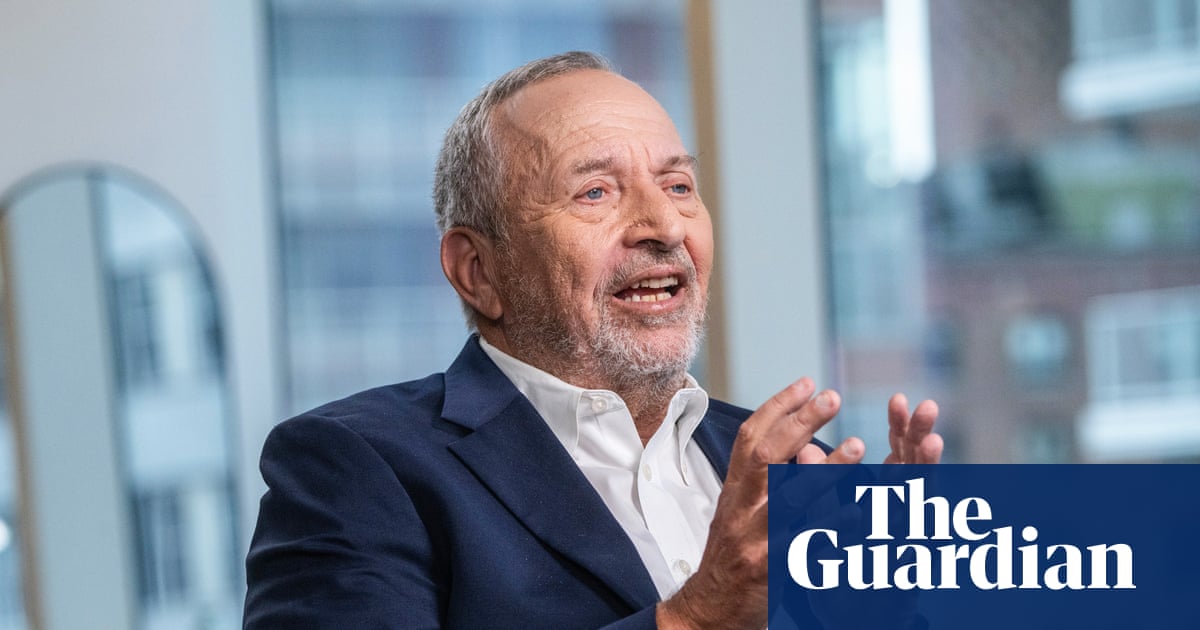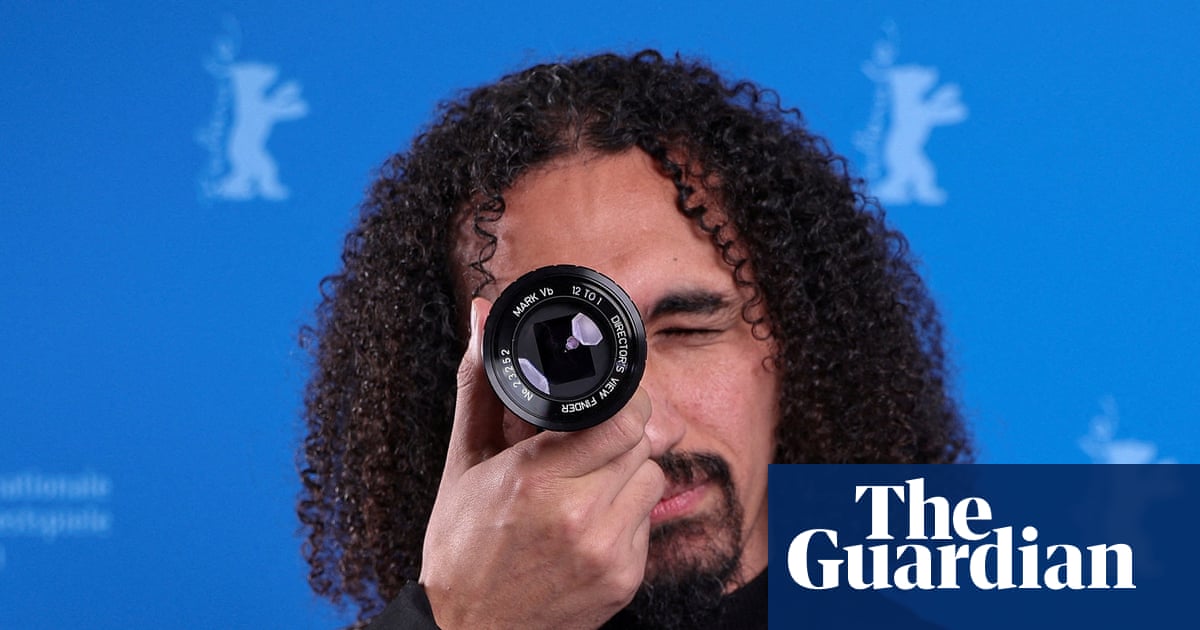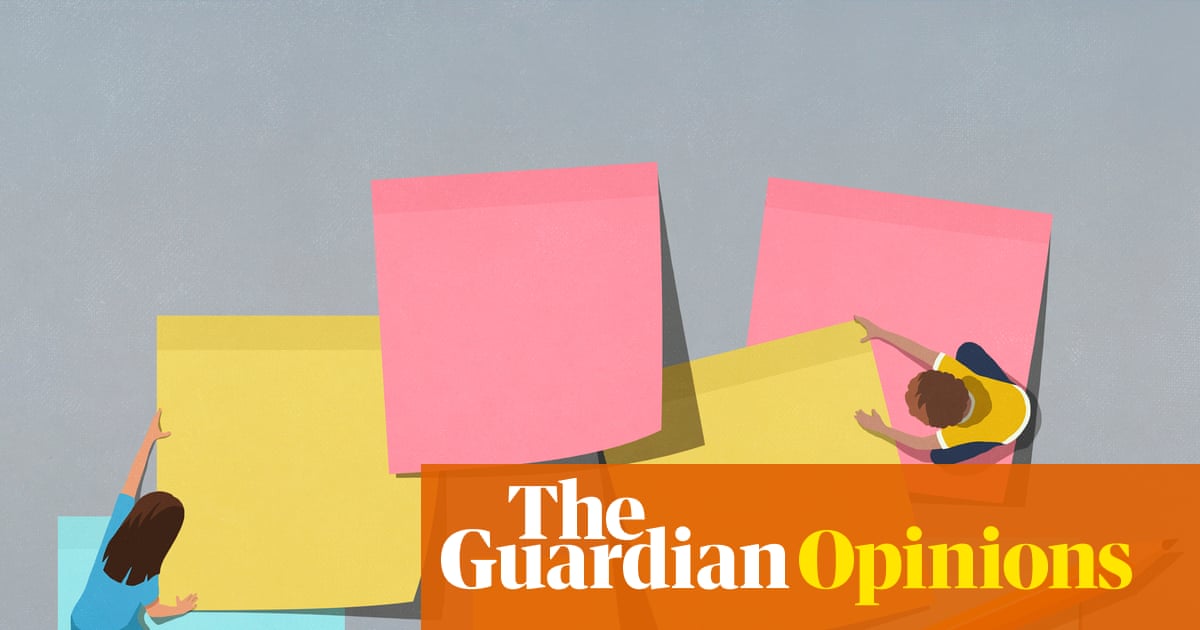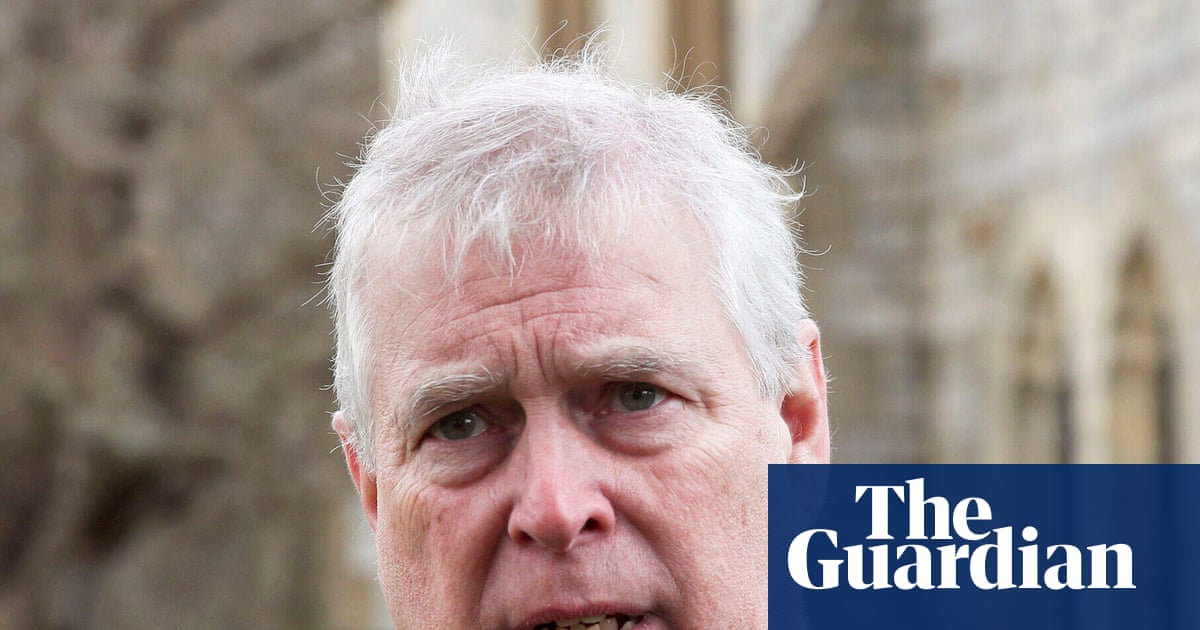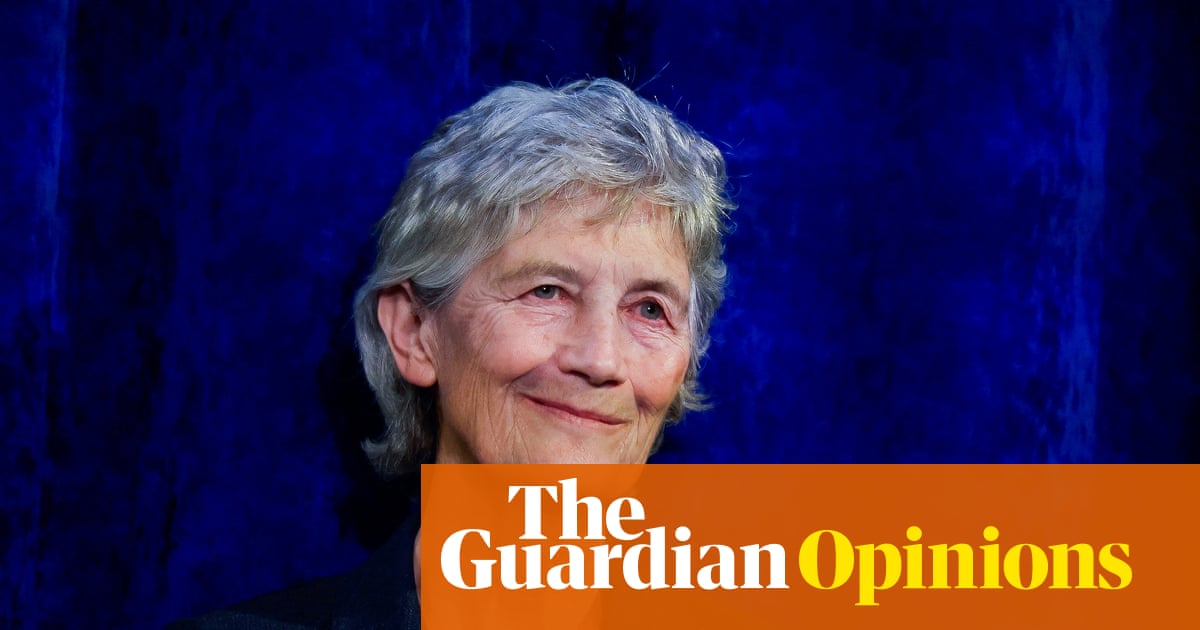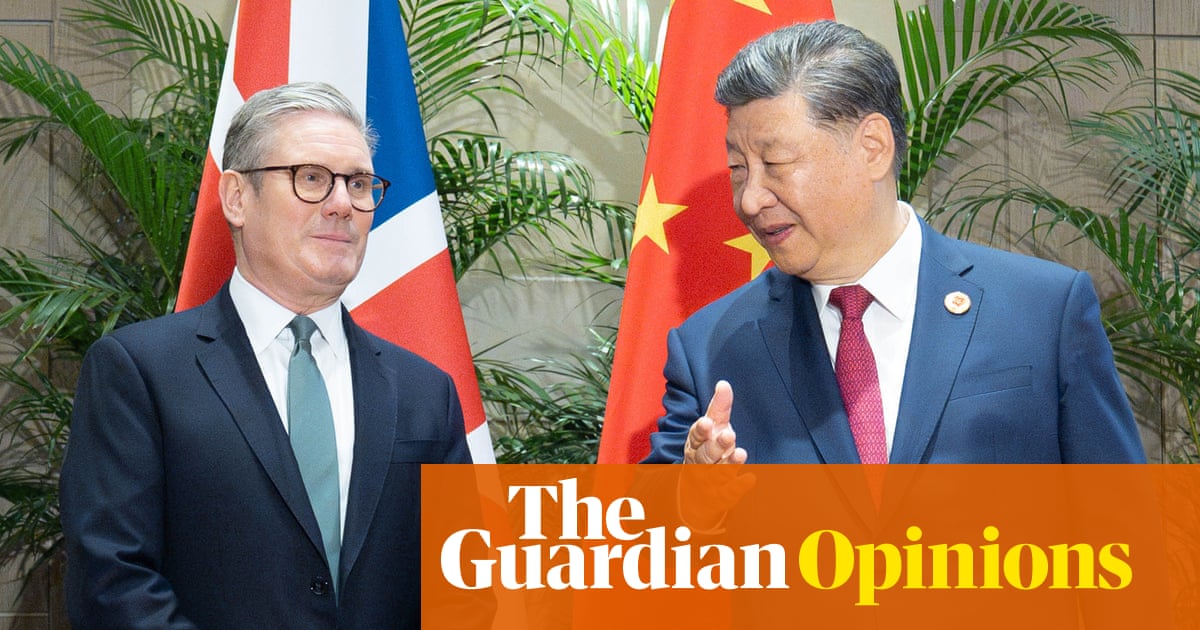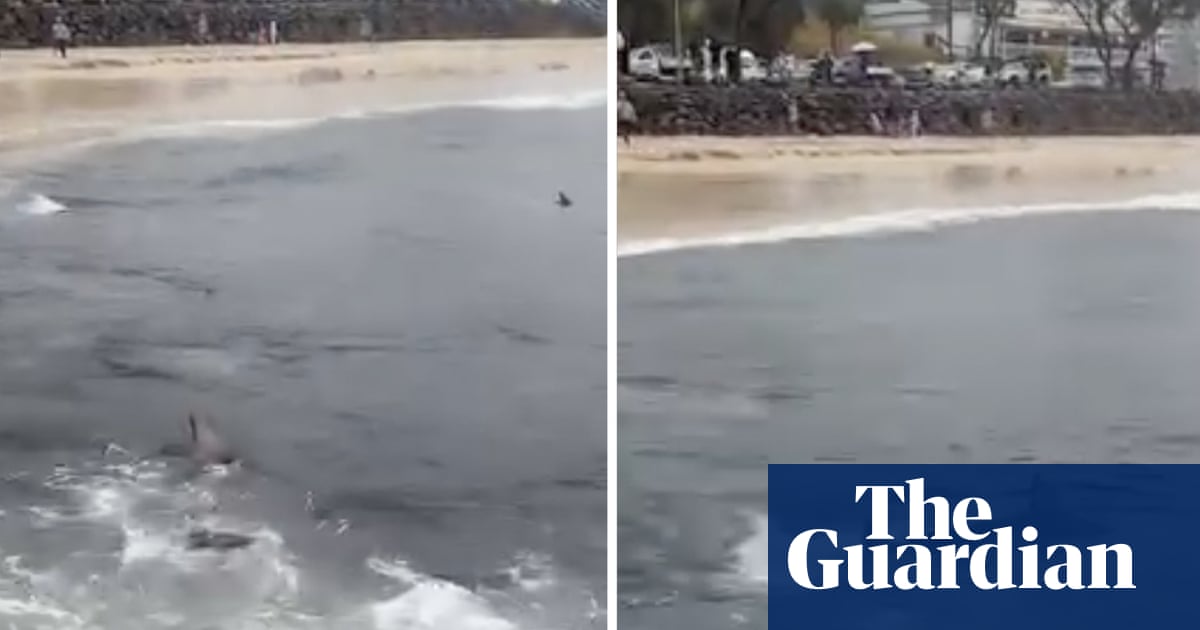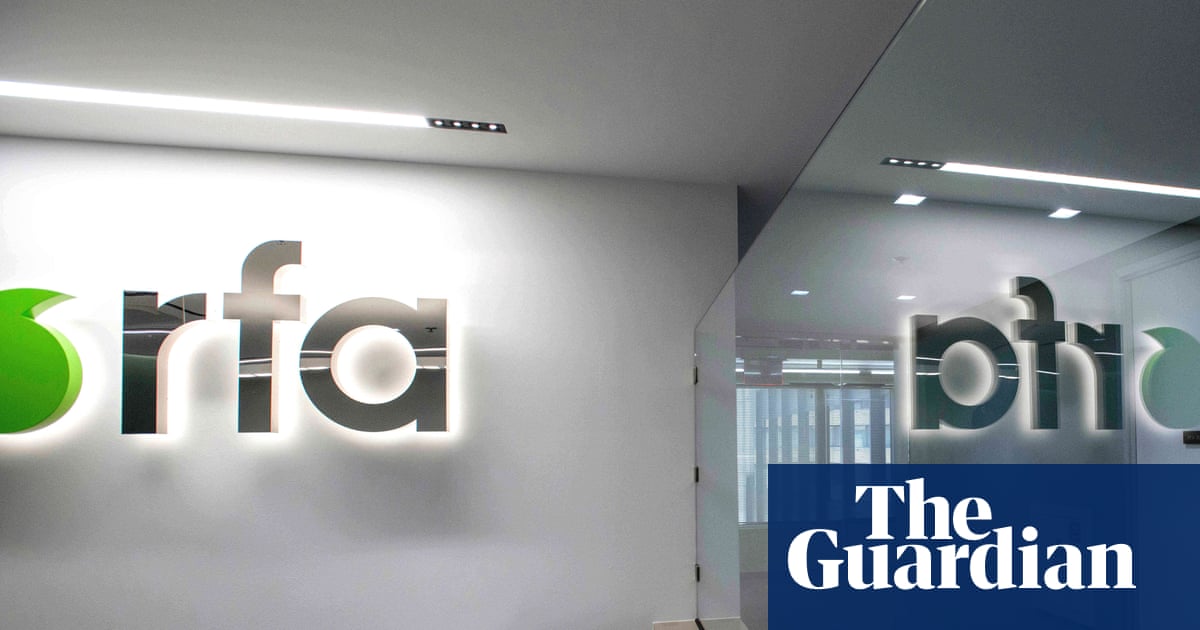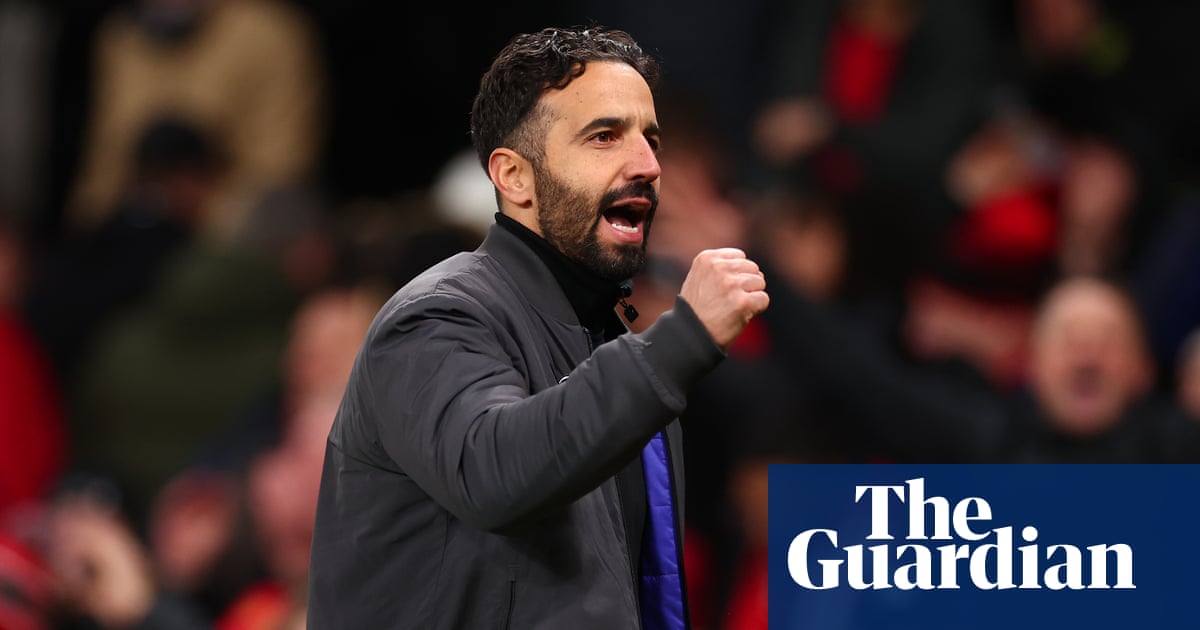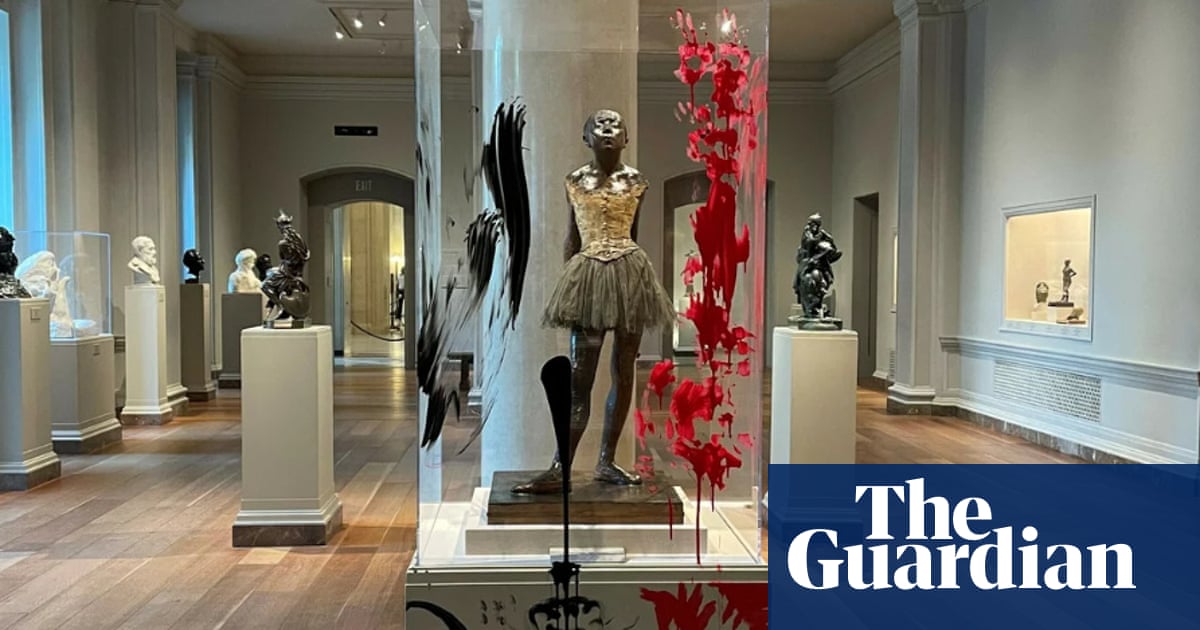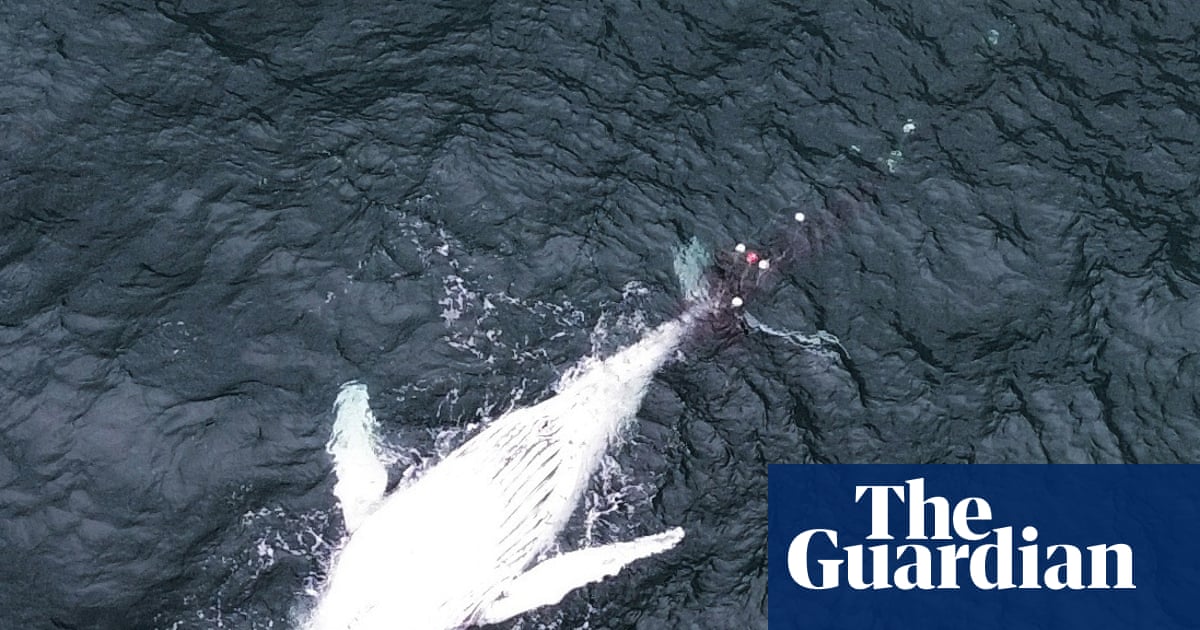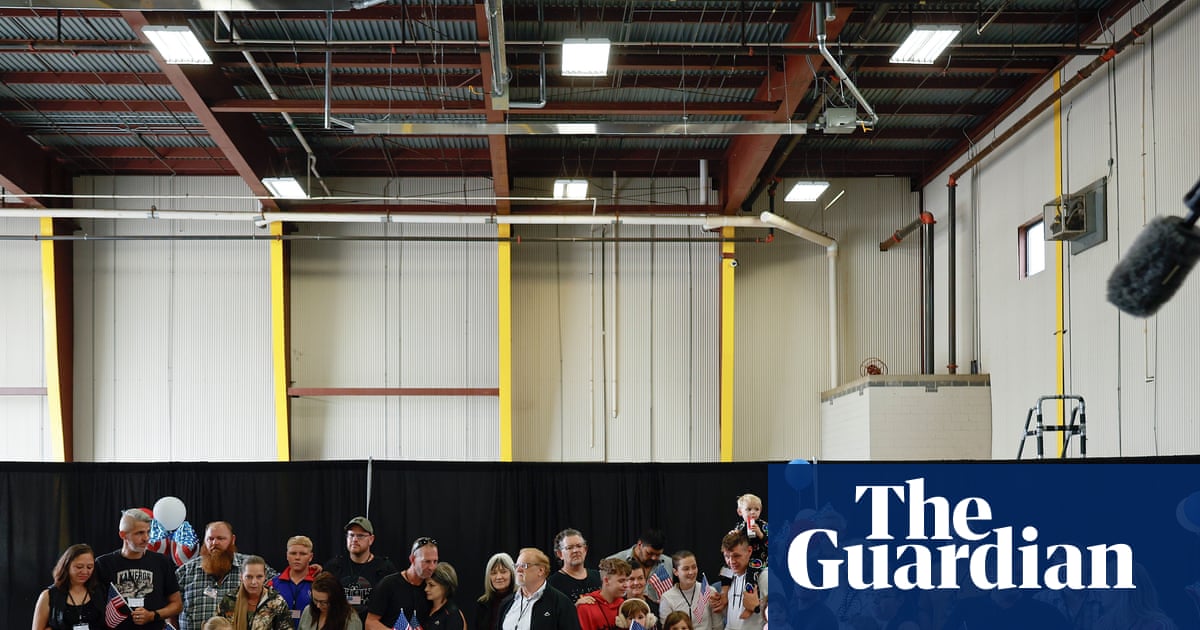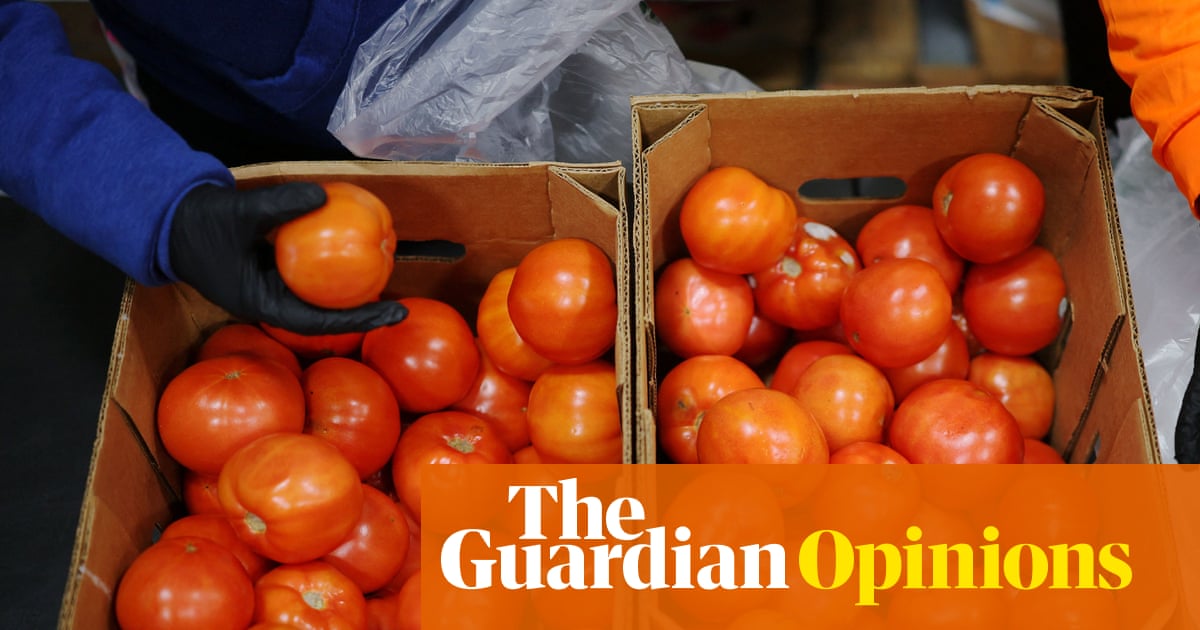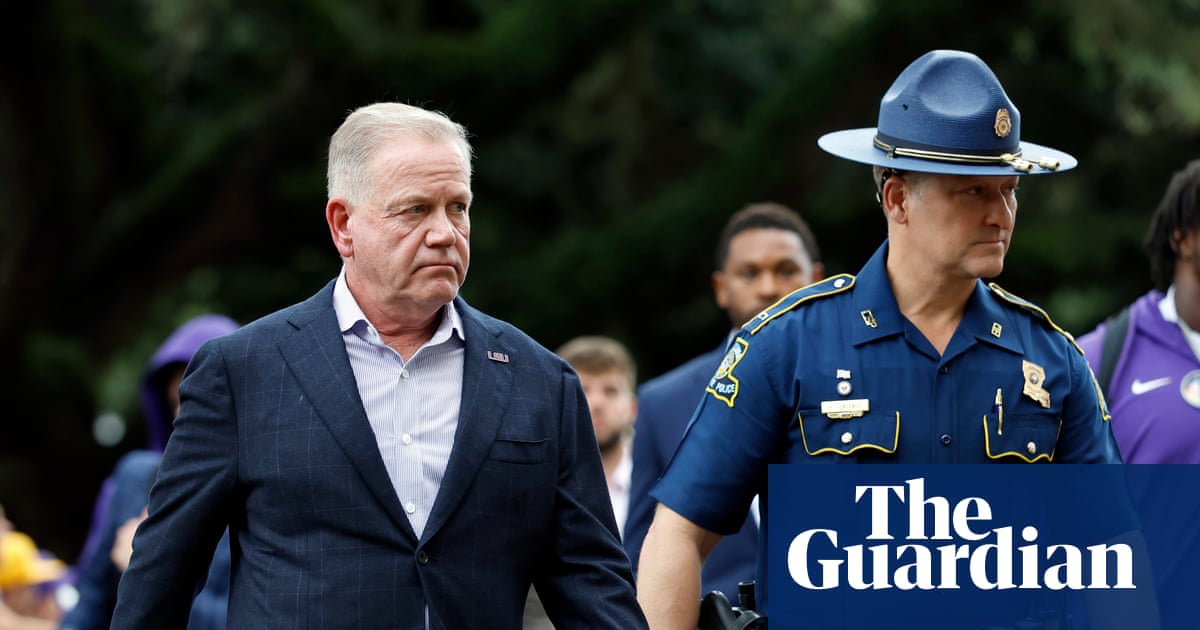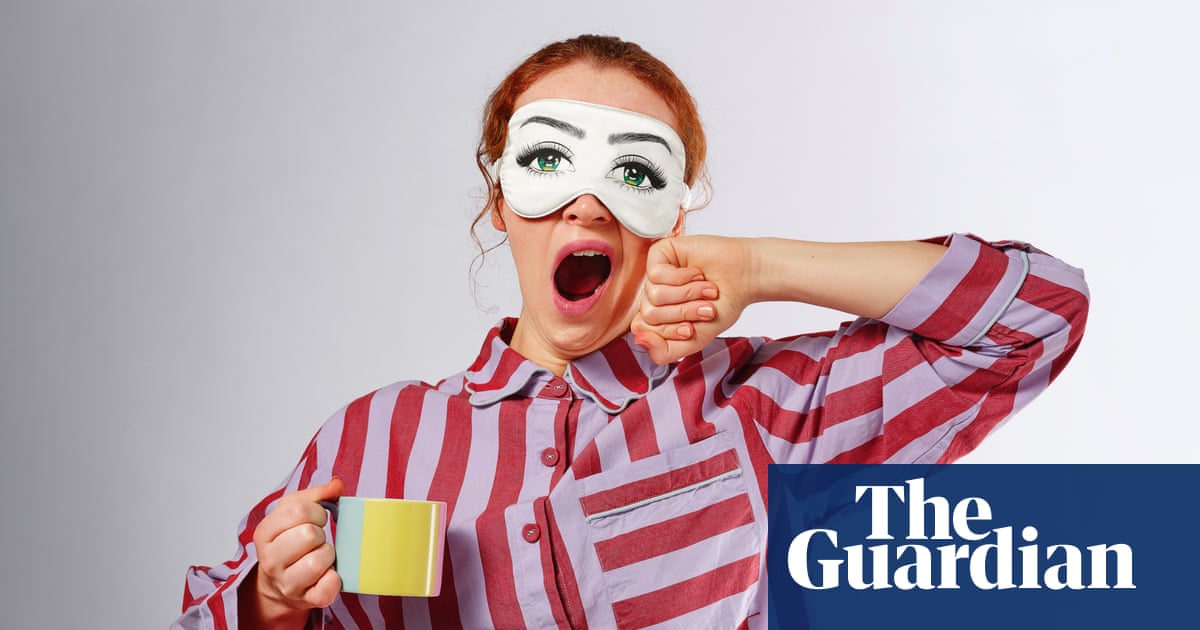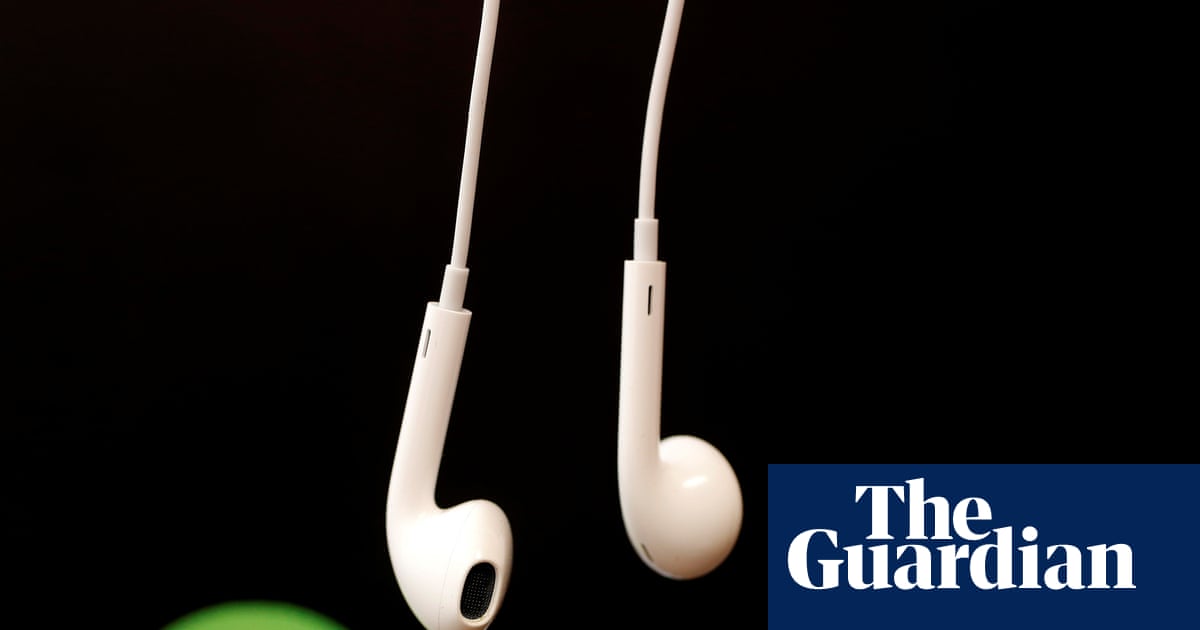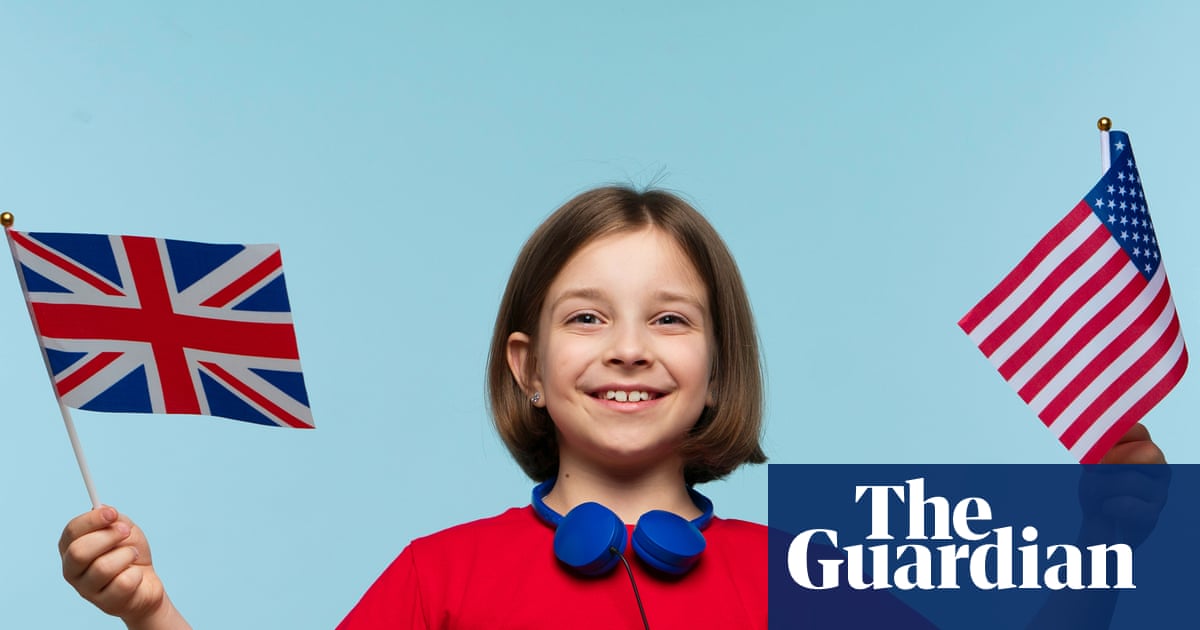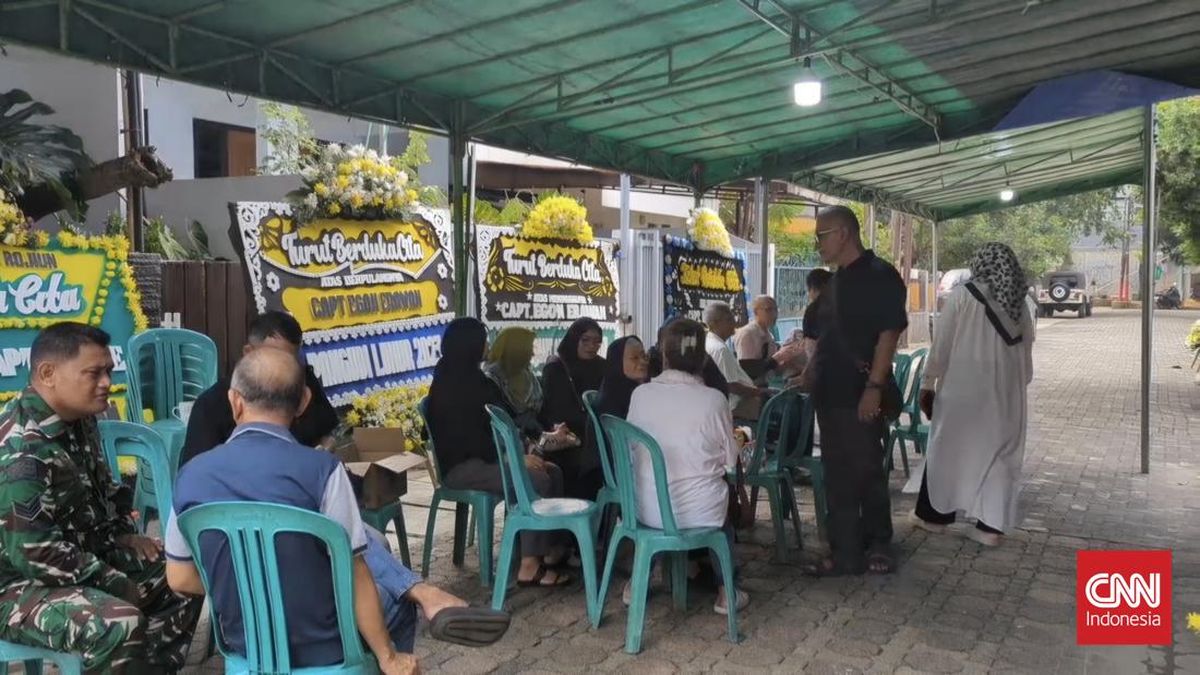When Eve Muirhead led the Great Britain women’s curlers to Winter Olympic gold in 2022, the Guardian hailed her as the “Iron Lady” because she appeared indestructible.
It didn’t matter that she had failed initially to qualify for the Games. Or that she had Covid before the last-ditch tournament that finally secured their place. Or that Team GB’s women lost four of their opening eight matches in Beijing – and were 4-0 down against Sweden in the semi-finals. Somehow she always found a way.
Behind the scenes, though, it was a very different story. As Muirhead has revealed in her new autobiography, Ice Queen, she had severe depression just seven months before the Olympics. Indeed, her mental health was so bad that her psychologist would have signed her off work for half a year if she was in an office job.
“People think that I’m this kind of strong, steely-eyed competitor, which I am, yes,” Muirhead says. “But we’re all human, aren’t we? There is obviously a big soft side of me as well, that needs help at times. I’m very passionate about speaking about my experiences. Because if I can just help one or two athletes deliver their dream, that’s a win.”
Which brings us neatly to the Winter Olympics in Milan Cortina, which begin in just 100 days, and where the 35-year-old Muirhead is excited to be Team GB’s chef de mission. “We’re in great shape,” she says. “Look at the recent results and how we won nine world championship medals in the last kind of winter season – the most we’ve ever had leading into a Games. As a nation, we are on the upward curve when it comes to winter sports, which is really exciting.”
Few understand the glory and pain of elite sport better than Muirhead, who went to four Winter Olympics as an athlete, winning bronze in Sochi as well as gold in Beijing. But she admits that her perfectionist streak was such that she would beat herself up after every misjudged shot. At one point she was so frustrated after winning bronze at the 2017 world championships in Beijing, she writes: “I would gladly have thrown the medal off the Great Wall of China.”
There should have also been a third Olympic medal in Pyeongchang in 2018, only for Muirhead to miss a makeable shot against Japan for bronze. That, too, hurt. “I took it pretty hard in terms of having that shot to win a medal and missing it. In practice, I make that nine times out of 10. You feel like you’ve let a lot of people down, but I learned a lot from it.
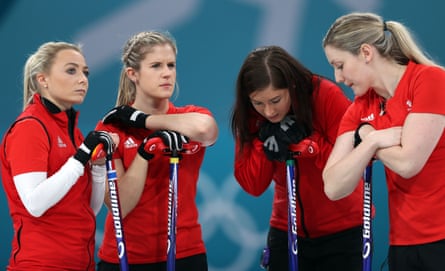
“It took me a while to kind of reflect back on it. But then it taught me a lot, as well about my whole support network, and who to let in when it comes to the Games.”
However, her lowest point came in May 2021 after the team had failed initially to qualify for Beijing. She remembers a debrief at the National Curling Centre, where she found “not a trace of warmth in its walls”, at a meeting with senior management. She writes: “The gist of the group bit was: ‘You were shit, you were shit, you were shit, oh, and you were shit.’”
Afterwards, Muirhead felt that no one checked in on her and her mental health spiralled to such an extent she ended up telling a team doctor: “I don’t want to be here. ‘Here’ wasn’t an ice rink, the British Curling elite athlete programme or the treadmill which should be culminating in a fourth Olympic Games,” she writes. “‘Here’ was far more general. As general as it comes. ‘I don’t want to be here.’ Full stop.”
Thankfully, Muirhead recovered and won a thrilling gold medal in Beijing with a 10-3 victory against Japan. Given her successes, it would have been easier to keep her struggles hidden, I tell her. But Muirhead insists that isn’t what she is about. “It was very difficult speaking about tough times within my career,” she says. “But I think it’s important that everybody knows that success isn’t linear. There’s ups and downs, and you go through different stages within your career. It was important to speak about that and be the real me. And that’s exactly what I did.”
after newsletter promotion
Now, though, her sights are fully on Milan Cortina where there are multiple chances for British medals, especially in the men’s and mixed curling. However, the skeleton and bobsleigh teams, along with individual athletes such as Kirsty Muir, Charlotte Bankes and Mia Brookes are also coming to the boil nicely.
The star curler Bruce Mouat, who won silver in the men’s event last time, has every chance of winning two gold medals. Can Muirhead help squeeze a little extra out of his game? “To be honest, curling wise, that boy doesn’t need any help from anyone,” she says, smiling. “His men’s team are the best and most dominant in the world right now. They just won their 11th grand slam in Canada.”
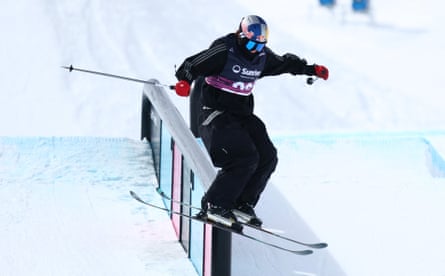
There is no hiding the excitement in Muirhead’s voice as she considers the perils and excitement ahead. “There’s so much jeopardy. The margins are so, so small. You’re talking hundreds of thousands of a second or millimetres. But what we do know is we’ve got some fantastically talented athletes. And we’re doing all we can to create the perfect platform for them to perform.”
In the UK and Ireland, Samaritans can be contacted on freephone 116 123, or email [email protected] or [email protected]. You can contact the mental health charity Mind by calling 0300 123 3393 or visiting mind.org.uk
In the US, you can call or text the National Suicide Prevention Lifeline on 988, chat on 988lifeline.org, or text HOME to 741741 to connect with a crisis counselor. In Australia, the crisis support service Lifeline is 13 11 14. Other international helplines can be found at befrienders.org

 3 months ago
56
3 months ago
56

